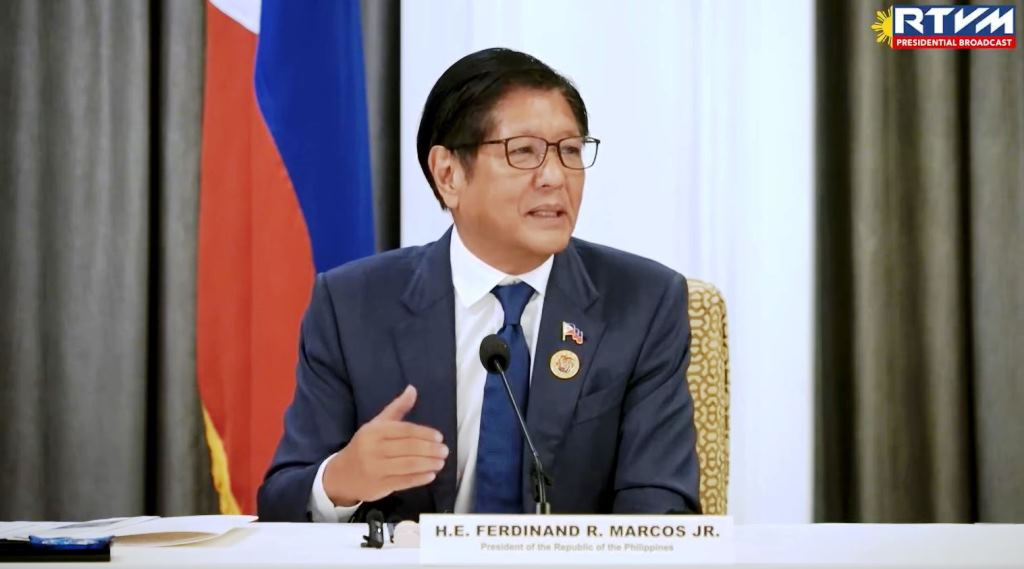
President Ferdinand R. Marcos Jr. and Chinese Premier Li Qiang on Tuesday expressed concern over the economic risks posed by the United States’ unilateral tariff regimes, emphasizing the need for a reassessment of the Association of Southeast Asian Nations (ASEAN)’s strategic direction.
Speaking to the media after the 46th ASEAN Summit in Kuala Lumpur, Malaysia, President Marcos said Premier Li echoes his views on the negative implications of unilateral tariffs, stating that they “do not want any of this. They don’t want this war.”
President Marcos emphasized the critical role of China in the region’s economic stability and how fluctuations in its economy directly affect ASEAN nations, including the Philippines.
“We trade with China. We have many investments in China, and we have many Chinese investments in the Philippines,” the President said.
The Chief Executive further cautioned that the continued implementation of unilateral tariff measures, if left unaddressed, could pose risks to broader regional and global economic stability.
Earlier this year, U.S. President Donald Trump imposed a 10% minimum tariff on all imports under the “Reciprocal Trade and Tariffs” policy, heavily impacting Southeast Asia. Cambodia now faces up to 49% in duties, Vietnam 46%, and the Philippines 17%. China, central to the trade dispute, was hit with total duties reaching 125%.
With the 90-day tariff pause set to expire in July, President Marcos acknowledged the concerns and uncertainties being carefully considered by ASEAN leaders.
“Basically, we’re just guessing. We don’t know what will happen between now and July when the 90 days run out,” the President said.
President Marcos noted that even if tariff measures are eventually reversed, the impact on global business confidence has already been felt.
“Kahit ano pang mangyari, kahit ibalik, bura lahat, rewind lahat, back to what it was in January—tomorrow—we’re back to square one tungkol sa tariff. May permanent effect na hindi na mawawala,” he said.
As a way forward, the President called for stronger regional coordination and deeper economic integration within ASEAN, acknowledging the performance of ASEAN’s economy and the complementarities of their markets within the region.
“We have to depend more on each other, on ASEAN. Malakas naman ang loob namin sa ASEAN member countries. Masigla ang kanilang mga ekonomiya. Masigla ang ating ekonomiya,” President Marcos noted.
“If we cannot sell to these markets anymore, then let’s sell to each other’s markets. The best, most solid way forward is to be a reliable partner for each other in ASEAN,” he added.
President Marcos also welcomed the introduction of a new trilateral framework involving ASEAN, the Gulf Cooperation Council (GCC), and China, recognizing its potential to become a significant global economic bloc.
“If you put these groups together… just start with the GCC and ASEAN… that is a very important economic bloc. If we come to a good arrangement, then that will be a rival to any kind of economic bloc anywhere in the world,” he said.
The exchange between President Marcos and Premier Li reflects the Philippines’ broader strategy to reinforce regional resilience, strengthen inter-ASEAN cooperation, and respond collectively to the shifting dynamics of the global economy. | PND

